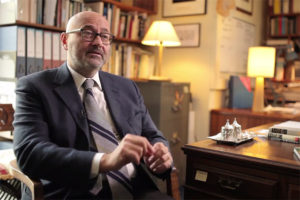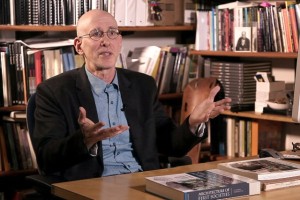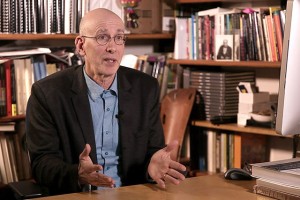Renaissance Maps of Paradise
Historian Alessandro Scafi on the four rivers of paradise, Calvin's mapping of Eden, and the first attempts to...
What is self-interested problem solving in Afghanistan? What makes people there different from those who live in the Tajikistan or Uzbekistan? Professor of Anthropology at Boston University, Thomas Barfield, speaks on national reconciliation in Afghanistan.
Anthropology in Afghanistan studies is a fairly recent phenomenon, the country had a reputation for being closed to the outside world since the late XXI century. That was largely a product of its rulers, who wanted to keep their independence and keep foreigners out. Before the middle of the XXI century actually many travellers went in and out. But the government didn’t really allow scientific research to take place in the country until the 1960s. That’s when most of the initial research was done by people from all over the world.
What the people did have was their own form of self-governence. Whenever there was a problem, whenever there was a theft, they would not go to the police or the government, they would attempt to solve it themselves. And unless it was very serious they would not even form the government, because they thought that would just cause trouble.
If you grow up in the society, where if you are robbed or attacked you call the police, if there are no police or the police are bad – this is a problem. If you grow up in the society where there are no police – then you kind of figure out how to do stuff. And even when things get really horrible in Afghanistan, they never get as horrible as other places, precisely because people are known for taking care of themselves.

Historian Alessandro Scafi on the four rivers of paradise, Calvin's mapping of Eden, and the first attempts to...

Historian Mark Jarzombek on the notion of seemingly primitive, worldwide evolution of the housing, and the fat...

Historian Mark Jarzombek on the influence of psychoanalysis on modern architecture, stadiums and bathhouses, a...